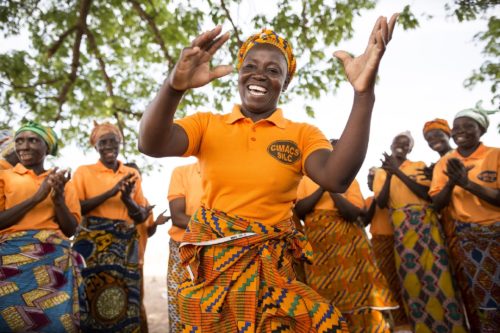Duty of Care: Protection of Humanitarian Aid Workers from Sexual Violence
This document from Duty of Care International provides some safeguarding guidance on performing reference checks.
This document from Duty of Care International provides some safeguarding guidance on performing reference checks.
This research paper from EISF is targeted at staff members within NGOs who have the responsibility for ensuring the security and wellbeing of staff members - for example, security focal points, HR specialists and senior managers. The research aims to better understand whether diversity is systematically addressed by aid organizations within their security risk management systems, and what challenges aid organizations face in relation to managing the security of aid workers while being mindful of their diversity. The research aims to identify good practice, and provide guidance to aid organizations on how to balance staff security and duty of care obligations while still respecting their employees rights to privacy, equality and inclusion.
COVID-19 shifted how humanitarians work and will likely reshape—if not entirely overhaul—elements of the global humanitarian system. How we work…
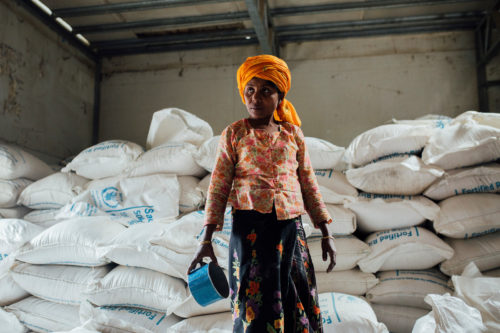
An in-depth study of the realities and recommendations for improving risk management in humanitarian crises.
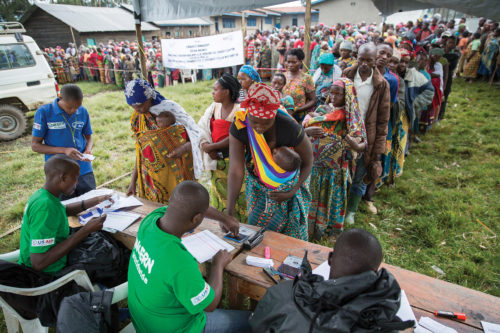
Aeby will lead a newly formed team comprised of the former Membership and Standards, Communications and NGO Futures teams.
Millions of women and girls who are family members of incarcerated people in Mexico, Latin America, and the Caribbean find…
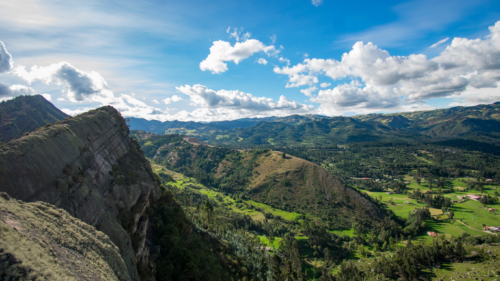
Aid workers are increasingly being targeted by armed actors who seek to intimidate, coerce, or disrupt aid operations for strategic gains. In Gaza and South Sudan, in Yemen and the Central African Republic, disinformation campaigns are fueling hostility toward aid agencies. These threats not only endanger the lives of those dedicated to humanitarian action but also severely hinder access to essential aid for millions of vulnerable people in conflict-affected areas.
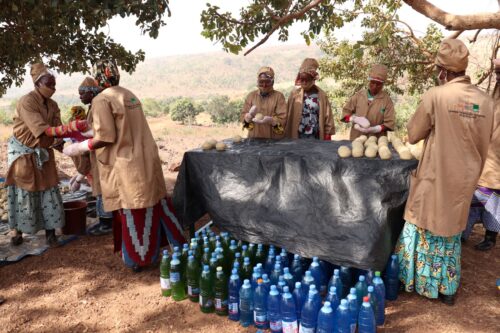
It is a well-known fact that war has disparate psychological effects on all those involved—from refugees to soldiers to the…
